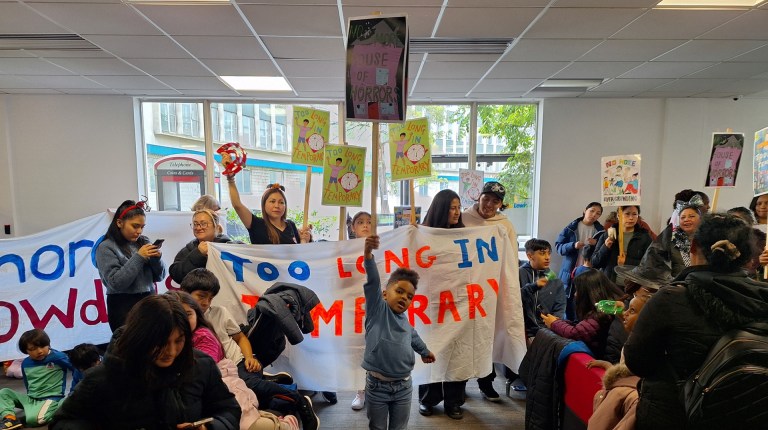Around 1.3 million more low-income households in England are being billed for council tax since the system was remodelled and support cut in 2013, a study has shown.
The report, published today by the Institute for Fiscal Studies, found that 90 per cent of English councils have severed council tax support for those of working age – though some protections are in place for pension-age people – and so for the first time some of the country’s lowest-income households are being forced to pay.
It was also confirmed that the removal of support has resulted in many households falling behind with their tax bills, and as much as a quarter of the extra tax going unpaid. This is around 10 times more than the 2.5 per cent of council tax liabilities not collected by councils on average before the 2013 cuts.
Figures showed that council tax support schemes have continued to get less generous. Entitlements for working-age households were slashed by 14 per cent in 2013-14, but this had grown to 20 per cent by 2018-19.
Thomas Pope, a researcher at IFS and one of the authors of the report, said: “Many low-income households do not pay this new bill, almost regardless of its size. From their point of view, these changes have clearly increased problems with council tax arrears. From councils’ point of view, they are likely to receive significantly more council tax if they increase bills for those already paying some council tax than if they try to raise the same extra money from those who currently have no bill to pay.”
Poor households in deprived parts of England were more likely to be affected by the cuts than the equivalent income households in affluent areas – however, those in affluent areas tended to lose the most (simply due to council tax being more expensive in well-off areas).









